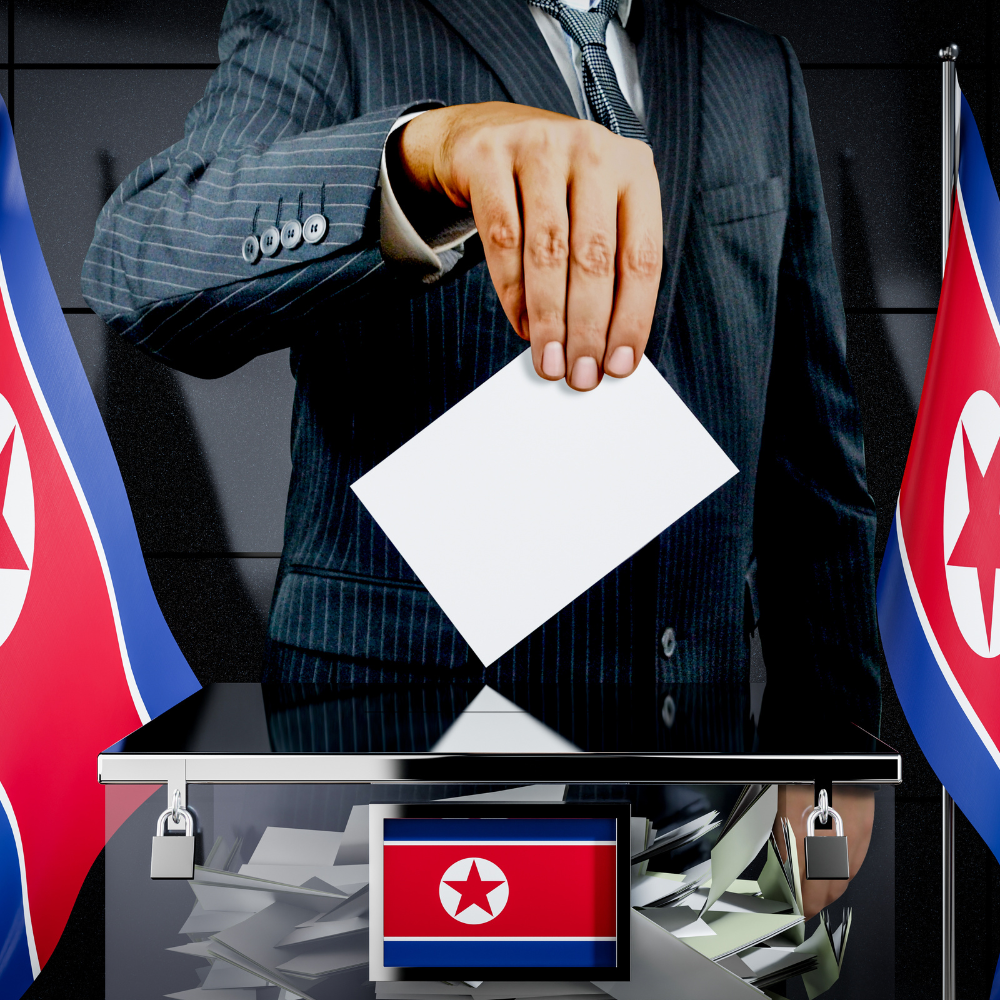South Korea’s parliament votes to impeach acting president Han Duck-soo
South Korea’s National Assembly has voted to impeach Acting President Han Duck-soo, just two weeks after the impeachment of President Yoon Suk Yeol. The move, backed by 192 lawmakers, well above the 151 votes required—adds another layer of political uncertainty to a country already reeling from leadership turmoil.
Han assumed the presidency after Yoon’s impeachment on December 3, which followed a highly contentious attempt by Yoon to impose martial law. Han’s leadership quickly came under fire from opposition lawmakers, who claimed that he failed to act decisively in addressing demands to expedite Yoon’s impeachment process. They further accused Han of deliberately obstructing the judicial proceedings by blocking the appointment of three judges chosen by parliament to oversee Yoon’s case.
The parliamentary session on Friday erupted into chaos as lawmakers debated Han’s impeachment motion. Members of the ruling People Power Party (PPP), aligned with both Yoon and Han, voiced fierce opposition to the process. Tensions flared after National Assembly Speaker Woo Won-shik announced that only 151 votes were needed for Han’s impeachment to pass, significantly fewer than the 200 votes required for Yoon’s impeachment. This lower threshold meant the opposition’s majority was sufficient to remove Han without any support from ruling party members.
In a dramatic display of dissent, PPP lawmakers stormed the center of the voting chamber, chanting “Invalid!” and “Abuse of power!” They accused the Speaker of overstepping his authority and demanded his resignation. While most ruling party members boycotted the vote, the opposition’s overwhelming support for the motion ensured its success.
Han’s suspension takes effect as soon as he is officially notified by parliament. Like Yoon, Han’s impeachment must be reviewed by South Korea’s Constitutional Court, which has 180 days to determine whether the decision will stand. In response to the vote, Han said, “I respect the decision of the National Assembly,” adding that he would “wait for the Constitutional Court’s ruling.”
The impeachment motion against Han was filed after his refusal to appoint the three judges nominated by parliament. South Korea’s Constitutional Court typically consists of nine judges, with at least six needed to uphold an impeachment. Currently, only six judges are on the bench, meaning even one dissenting vote could save Yoon from permanent removal. The opposition hoped the additional nominees would strengthen their case against Yoon.
Finance Minister Choi Sang-mok is now preparing to step in as the acting president, following the removal of Han. However, this political shake-up is expected to intensify the already significant political deadlock in the country. The ruling People Power Party (PPP) and the opposition parties have been entrenched in a prolonged and bitter power struggle, leaving many essential legislative processes at a standstill.
Compounding the turmoil, the Korean won has plummeted to its weakest level against the U.S. dollar since the 2008 global financial crisis, signaling deep economic challenges. Both the ruling and opposition parties have been quick to blame one another for the escalating economic instability and the deepening political crisis. As the impeachment proceedings unfold, South Korea finds itself at a critical crossroads, grappling with an uncertain future while striving to emerge from its current state of crisis.









